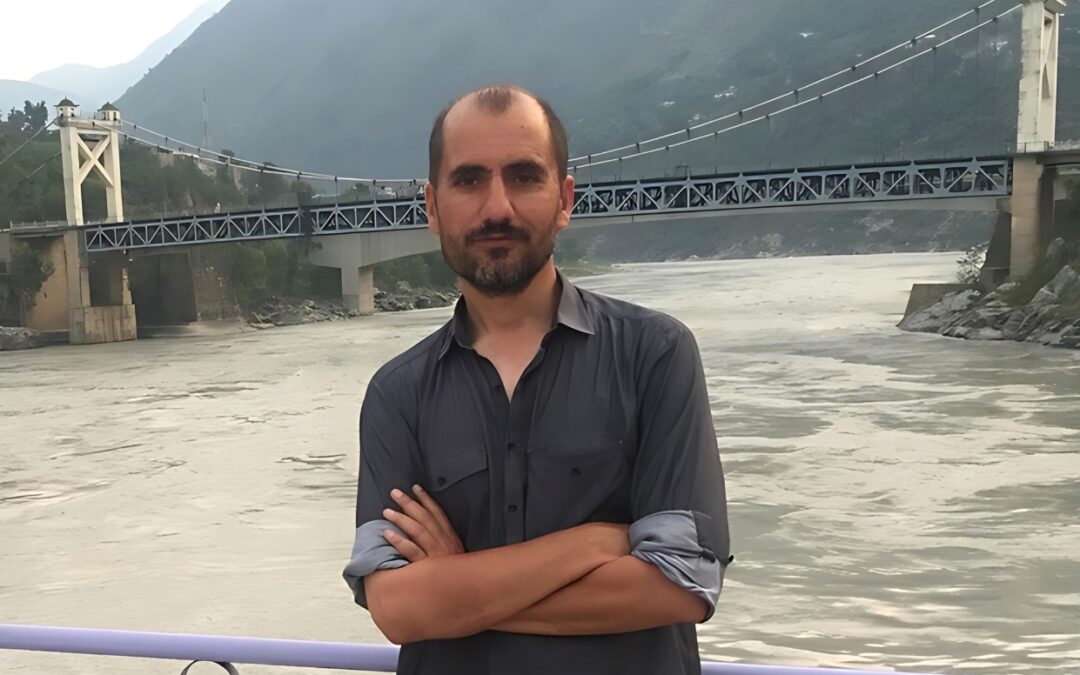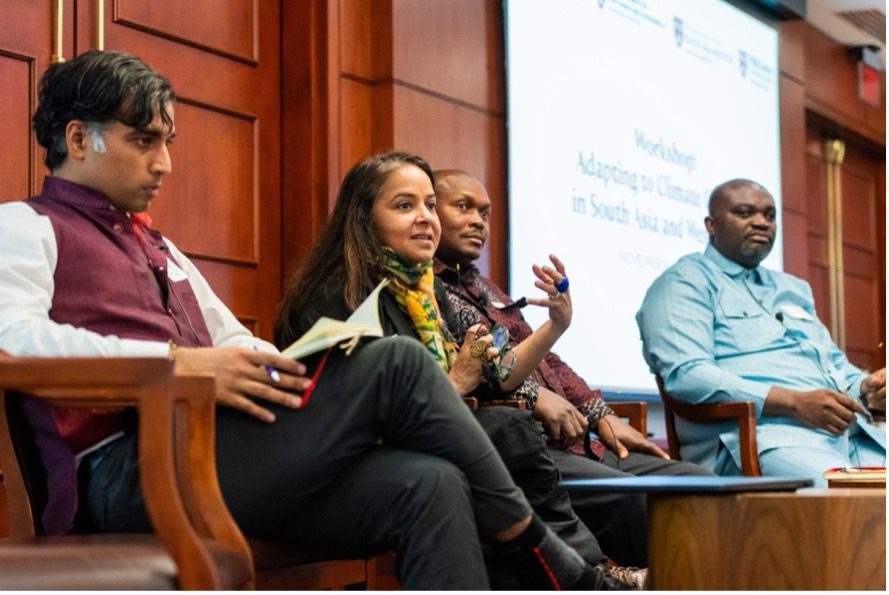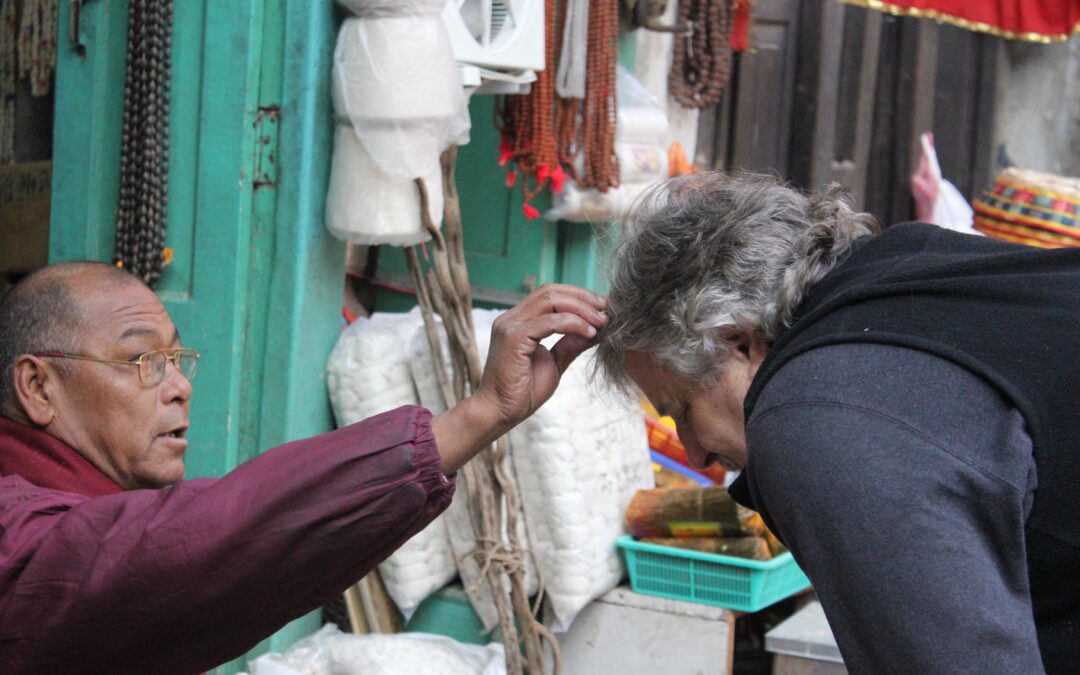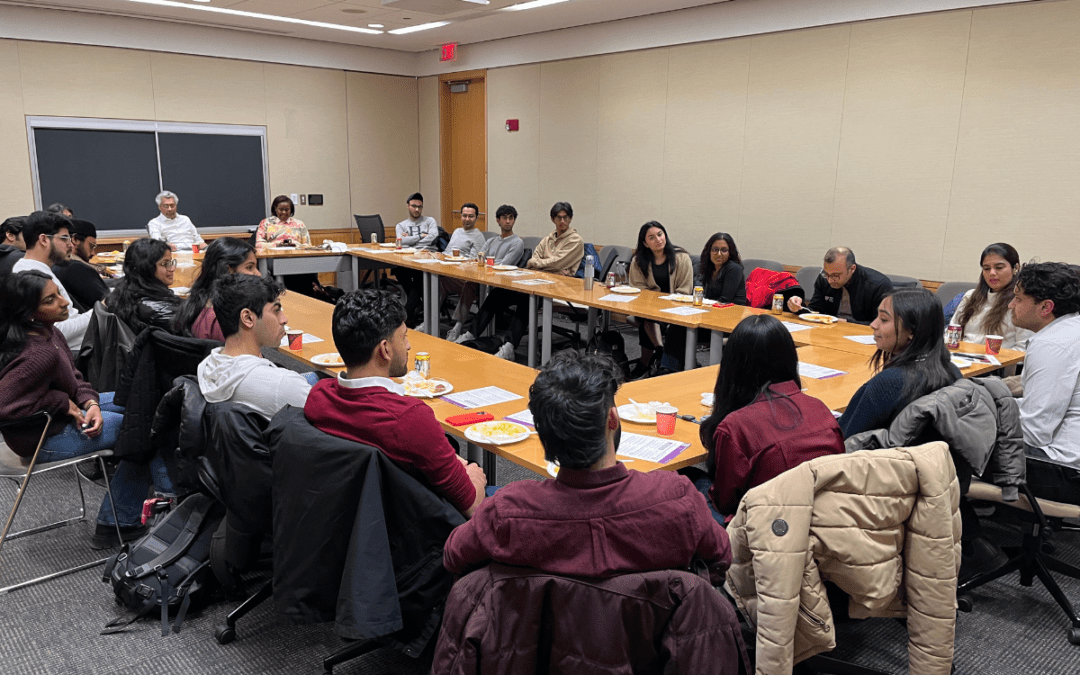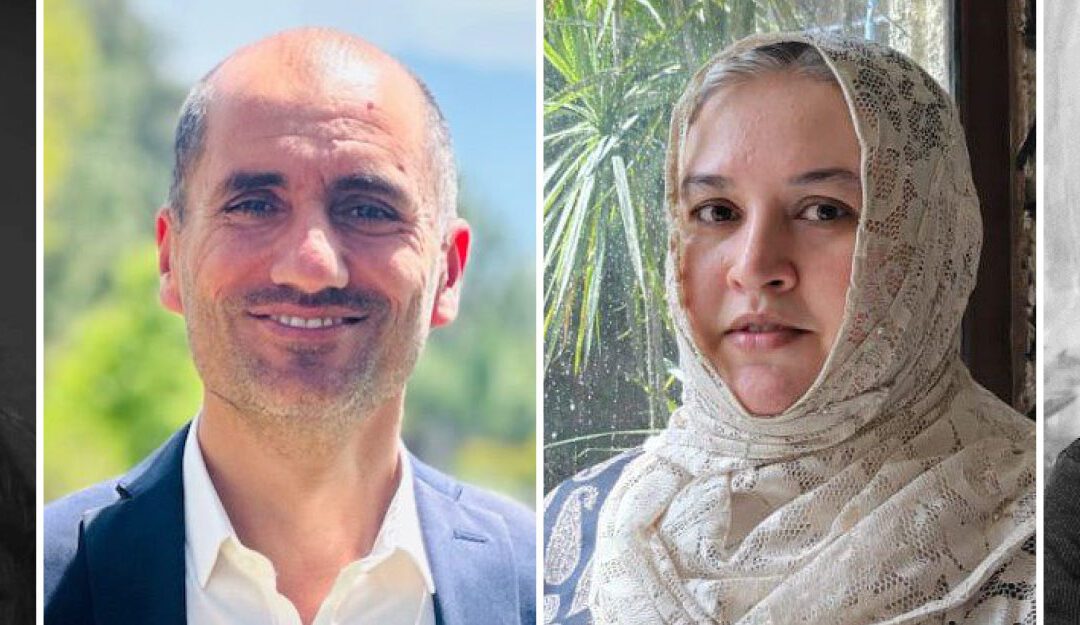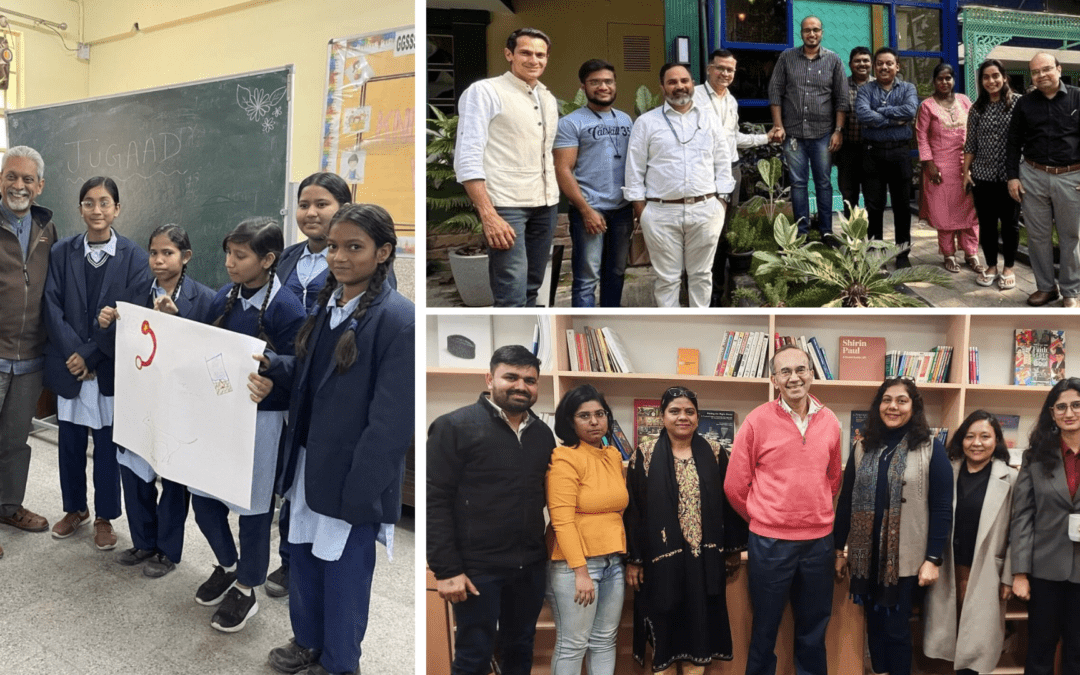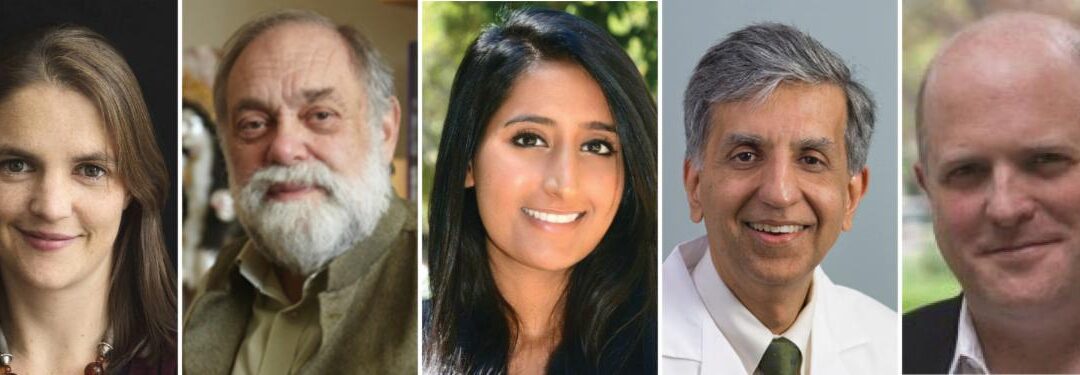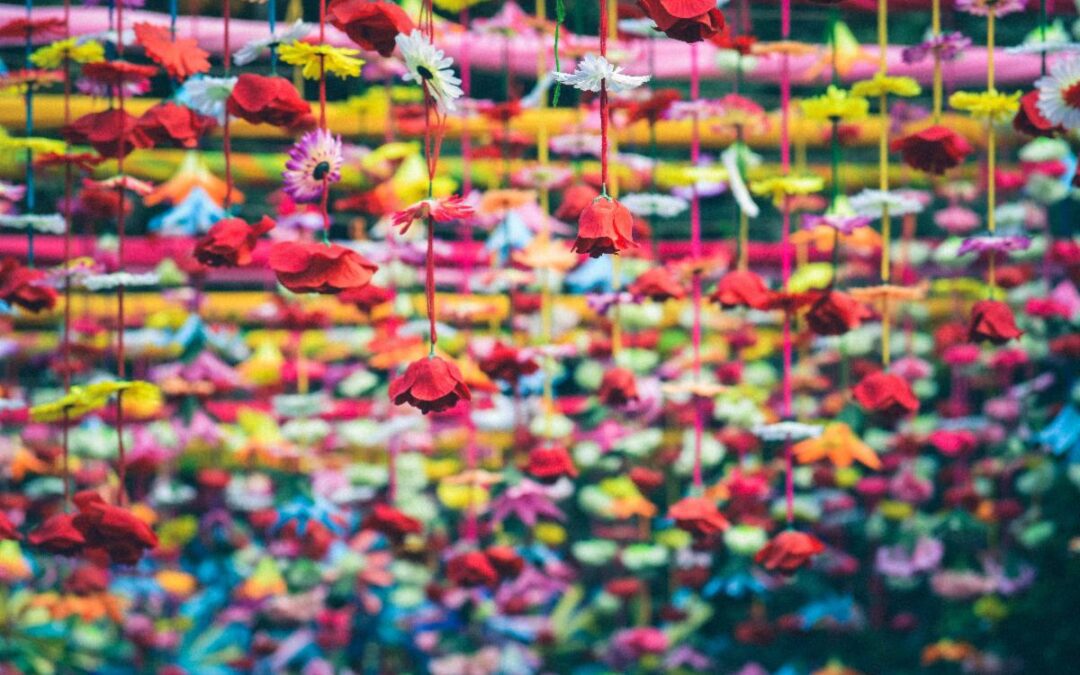VAF Spotlight: Amra Khan on Gender and Sexuality Stereotypes in Art
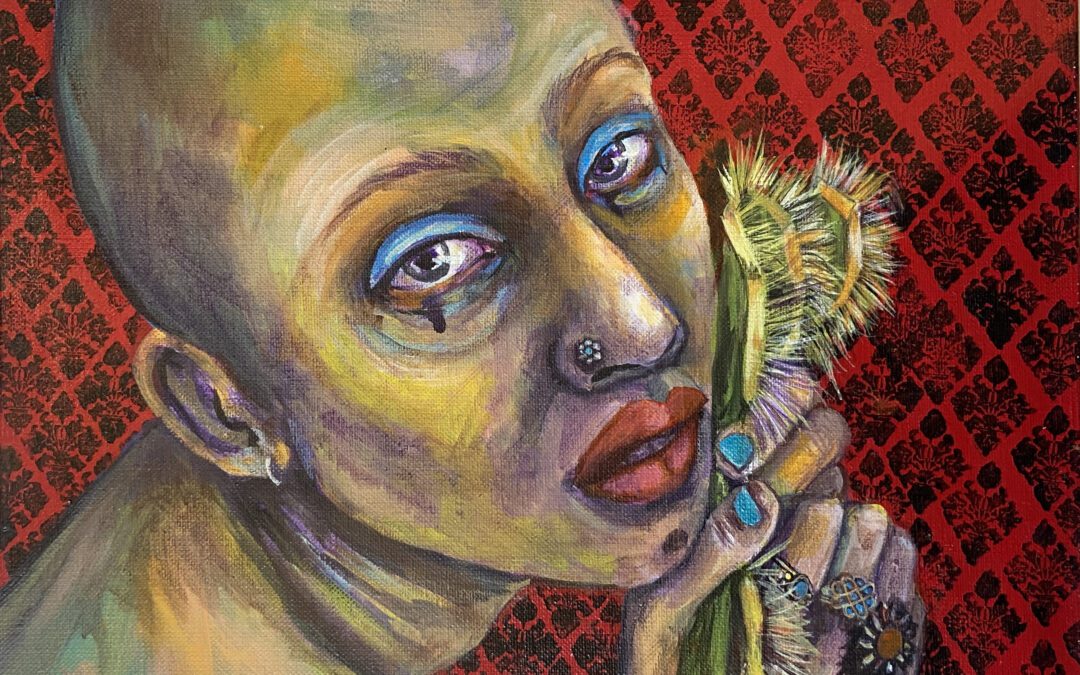
This spring, the Mittal Institute welcomes two new Visiting Artist Fellows from Lahore, Pakistan – Amra Fatima Khan and Waleed Zafar. Meet Amra, an interdisciplinary artist who investigates queer and alpha male archetypes through her work. Learn about her artistic motivations and save the date for the March 4 Visiting Artist Fellows Art Exhibition.

